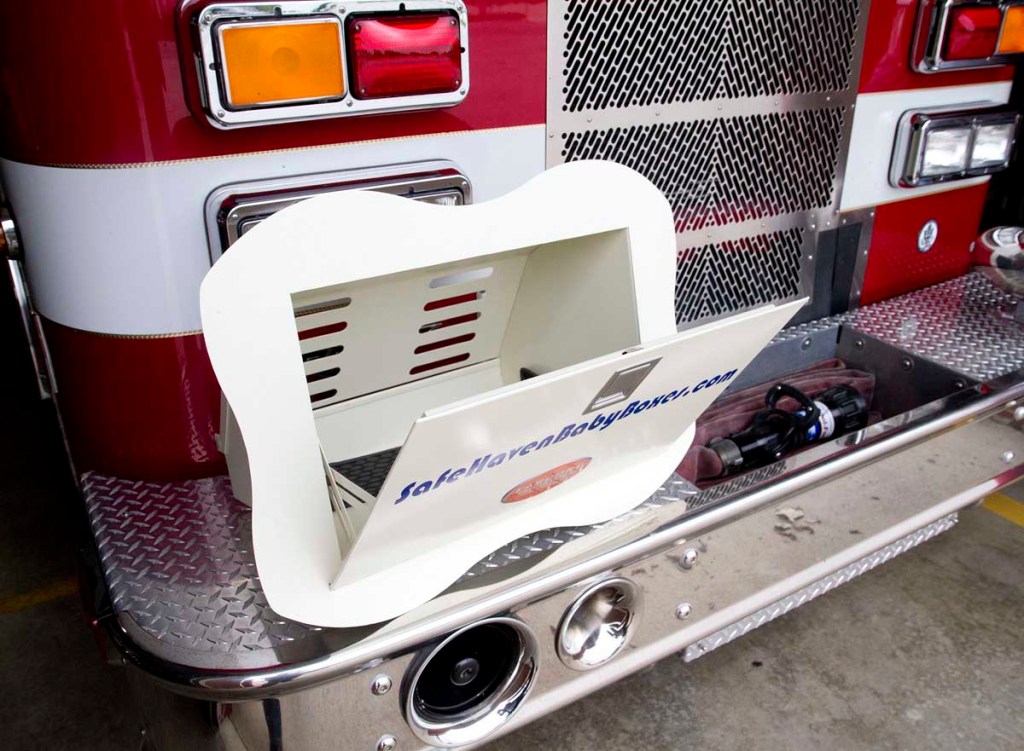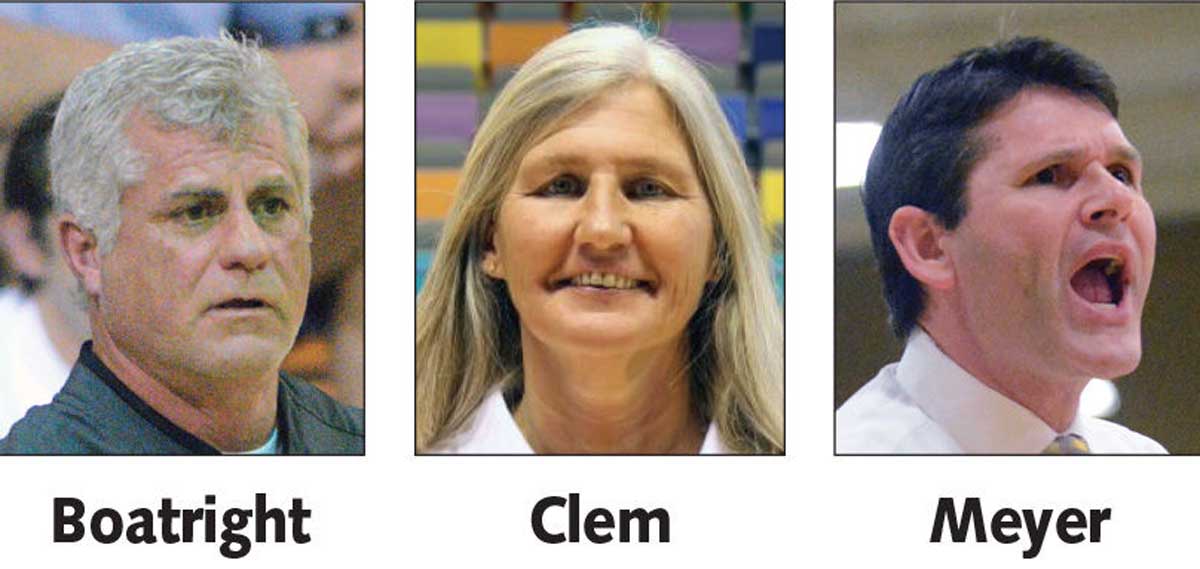New ‘safe haven’ law extends time parents can surrender unwanted babies
Published 12:00 pm Monday, June 19, 2023

- The interior of a prototype of a baby box is shown here at the Woodburn (Ind.) Fire Department. The box is designed to allow a mother to surrender her newborn anonymously at a designated safe haven, such as a hospital or police or fire station. Indiana lawmakers must still approve rules for their legal use.
MONTGOMERY — State lawmakers have passed a law that significantly extends the time period newborn can be surrendered under the Alabama’s “safe haven” law.
Under the current state law, infants can only be surrendered within 72 hours of birth at hospitals. The proposed Alabama Safe Haven law, which awaits Gov. Kay Ivey’s signature, extends that period to 45 days. House Bill 473, also enables fire stations to accept surrendered newborns if staffed by emergency medical personnel 24 hours per day.
The change comes as Alabama has recently enacted a law banning most abortions, with exceptions for medical emergencies.
“As a pro-life Christian, this bill is an extension of my belief that every child’s life is absolutely sacred and must be protected,” the bill’s sponsor, freshman Rep. Donna Givens, R-Loxley, said. “We want mothers and fathers who are unable to care for their babies to have safer, more compassionate options to leave infants where they can receive care before going to loving homes.”
“Without a doubt, this bill will reduce the risk of harm to infants by giving parents more choices and more time to surrender newborns safely in times of crisis,” said Nancy Buckner, commissioner of DHR.
HB 473 also permits the installation of “baby boxes” at hospitals and fire stations, which allows parents to surrender infants safely and anonymously.
At approved facilities, the “baby boxes” will be accessible from inside and outside. According to the bill, once a baby is placed inside the container, exterior access is locked and a silent alarm alerts on-duty first responders to retrieve the child immediately.
“I am hopeful that any parent considering giving up a child will go to a baby box and leave the baby inside instead of abandoning the child somewhere dangerous,” Givens said. “We have to do everything we can to prevent harm to these babies.”
Though Hanceville Fire & Rescue does have qualified around-the-clock staffing, the department currently doesn’t maintain a “baby box,” according to assistant Hanceville fire chief Bart Absher who also noted that no one has ever relinquished an infant at any of the city’s fire stations.
Cullman Fire Rescue Fire Chief Brian Bradberry was also not aware of an instant of an infant being relinquished at a Cullman city station.
“To my knowledge this has not been an issue in our community which explains our tardiness in addressing this new legislation from Montgomery,” Bradberry said in an email to The Times.
“We have not looked in-depth to House Bill 473. It would be irresponsible for us to make a comment as to what the city will or will not do.
“In the near future we will put in time and resources to investigate the intent behind the bill and see what the city should do to best serve the general public as it relates to this bill and Cullman’s human resources needs,” continued Bradberry.
“We will continue to care for the people of this community in a first class manner as first responders. And, if anyone is struggling from a parental perspective, I encourage them to reach out and find the available resources. That’s one thing that sets Cullman a part from a lot of other places — the resources, volunteers and churches that look to serve those in need.”
Cullman Regional will continue to be a “safe haven,” but officials have no plans to add a “baby box.”
“Under the Safe Haven law, which this new legislation is an extension of, CRMC is a location where a child can be surrendered and we will continue to be. However, there are not any current plans for the hospital to install a baby box and we were not included in the list of initial sites to receive funding,” said CRMC marketing director Jennifer Malone.
According to news release from the Alabama Department of Human Resources, an unknown donor has already pledged funding for the first 10 baby boxes at fire stations near colleges in Baldwin County, Mobile, Auburn, Huntsville, Tuscaloosa, the Muscle Shoals area, Dothan, Anniston and Montgomery. The Alabama Department of Public Health estimates the cost of a baby safety device to be $10,000.
“Thanks to the generosity of this private donor, parents giving up children won’t be leaving them somewhere dangerous,” Givens said. “Those babies will have their lives saved and get to grow up in homes with families who will love and nurture them. It’s a win-win-win situation.”
According to the Child Welfare Information Gateway, safe have laws in the U.S. started in Texas in 1999 with the “Baby Moses laws” as an incentive for mothers in crisis to safely turn over their babies to designated locations where the babies are protected and provided with medical care until a permanent home is found. Since then all 50 States have enacted safe haven legislation.
For comparison, below are a few laws in other states:
Georgia: Criminal immunity is given to a mother who leaves her baby with a staff member or volunteer of a medical facility, fire station or police station if the child is no more than 30 days old. The mother is not required to show proof of her identity or address.
Tennessee: As long as the baby is unharmed and the child is surrendered to a designated safe haven facility within two weeks of birth, the mother — or parents — will not be prosecuted and is assured of complete confidentiality. Designated facilities include hospitals, birthing centers, health departments, walk-in clinics. Fire stations, emergency medical service locations and police stations that are staffed 24 hours are also designated safe haven facilities in Tennessee.
Mississippi: One of the more strict safe have laws, Mississippi only allows a parent to surrender a newborn within in three days at either a licensed hospital operating an emergency department or an adoption agency licensed by the Mississippi Department of Human Services.
Texas: A parent with a baby 60 days old or younger can leave their infant with an employee at a designated safe place — a hospital, fire station, free-standing emergency centers or emergency medical services station.
To view all states’ safe have laws or locations, www.nationalsafehavenalliance.org/safe-haven-locations.





